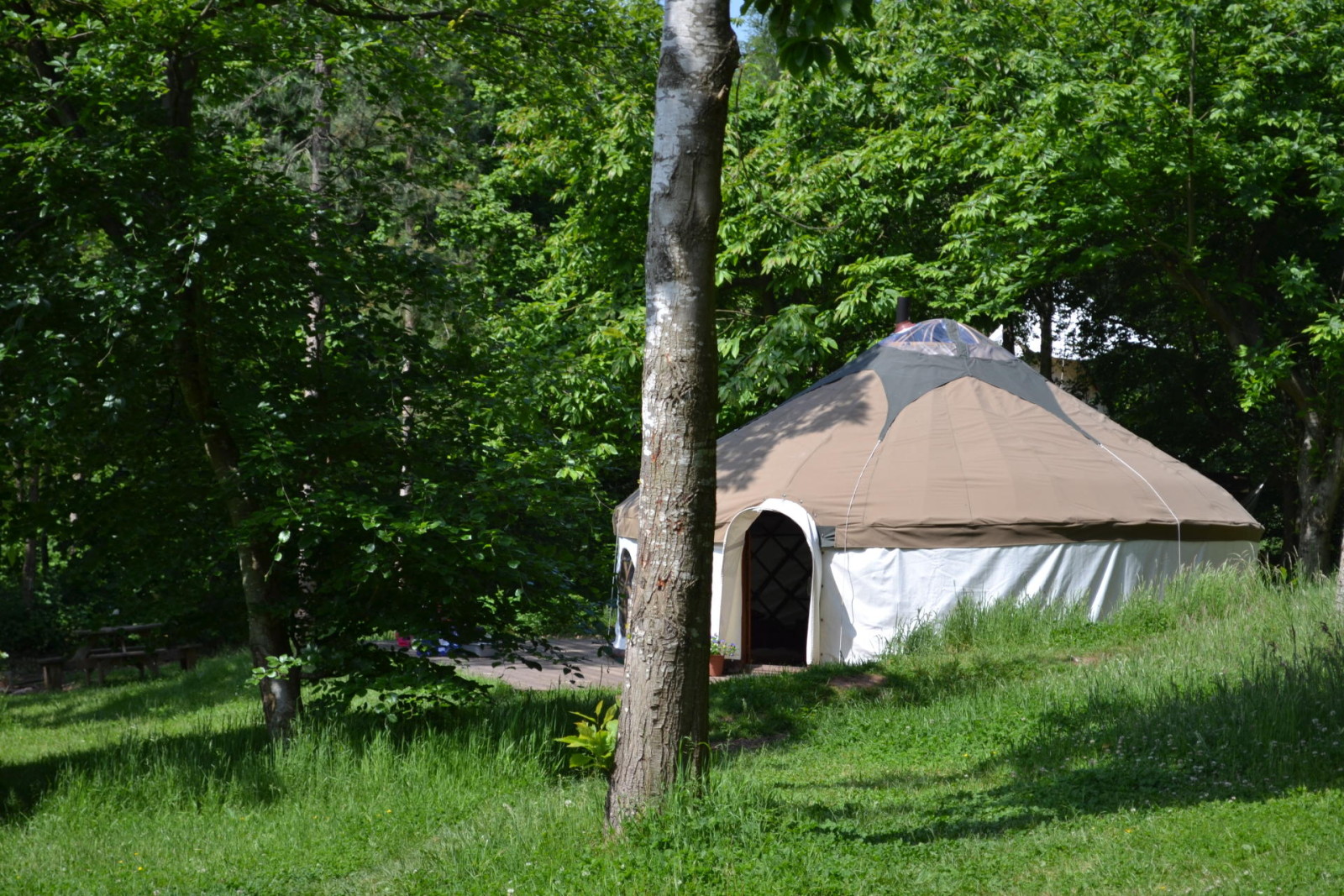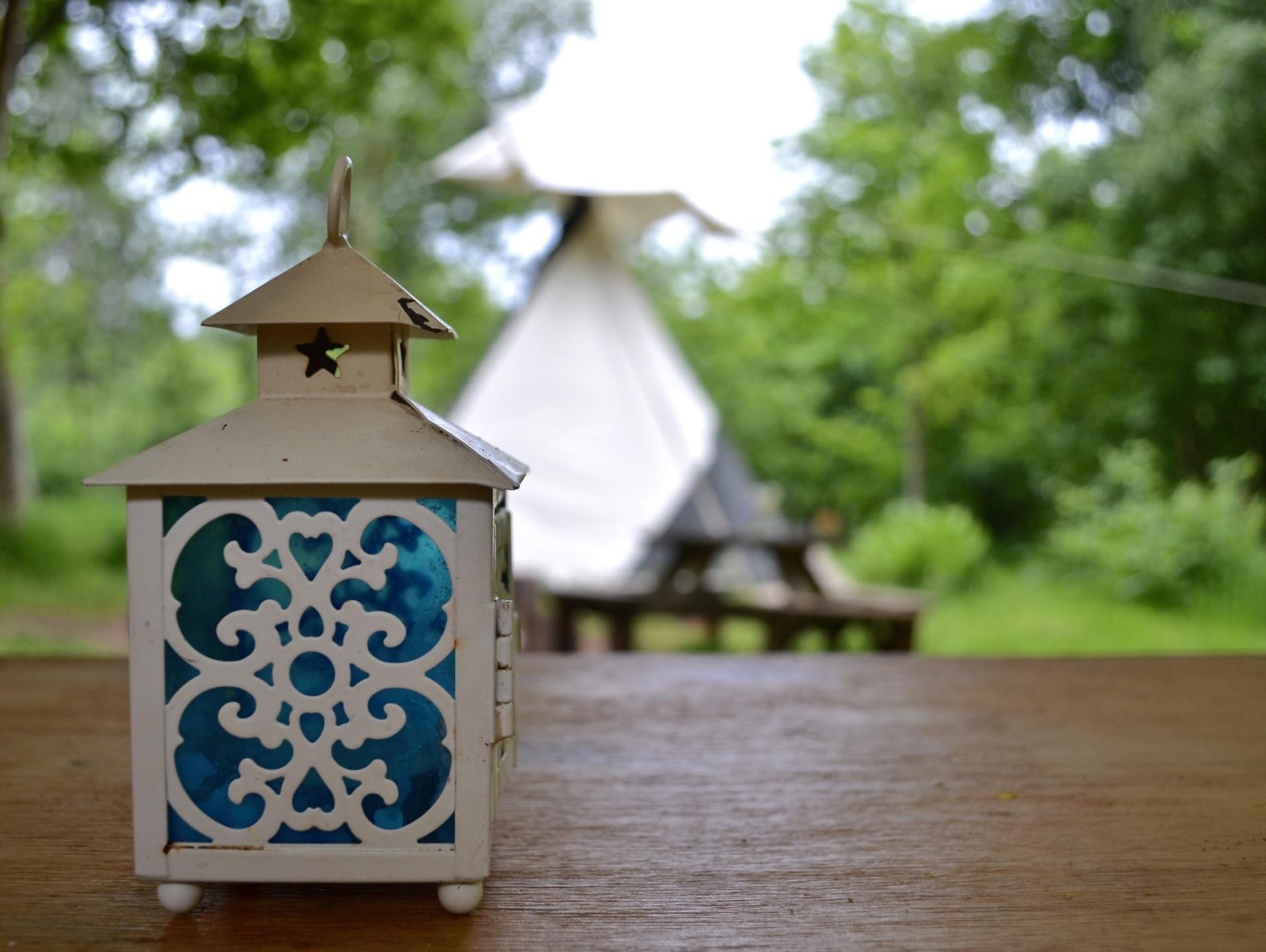
With the pandemic still in the air, the idea of living off the grid is becoming less of a pipe dream and more of a serious plan for a lot of people in the UK. But is it possible?
Living off the grid is ideal for people who aren’t interested in the amenities of the modern world and want to live a simple life away from it all.
There are lots of ways to live off the grid, whether it’s a caravan in the woods or a house at the base of a mountain. If you’re going to live in a house, a conveyancing solicitor in Newcastle, Somerset, the New Forest, or wherever you decide to live, can help you out.
In this post, we’re going to give you 10 things you need to consider before you start living off the grid. But, before we do that, we’re going to briefly touch on what it even means to live off grid, and why on earth you’d consider doing it. Take a look…
What Does ‘Living Off the Grid’ Mean?
Our modern world is a cold and challenging place. It’s so far removed from how we evolved to live. It’s become so cut off from nature, that moving away from it all to live in the middle of nowhere seems like a comfortable alternative.
The reality is, living off the grid is a lot of hard work. That said, at least that work is all about keeping yourself and your family alive without the help of companies, the government, or any other modern crutch most of us rely on.
Living this way also reduces the amount of damage you cause to the planet, especially if you put in the work to make your new off-grid home sustainable. In order to live off the grid you’ll need to:
• Produce your own power
• Have a water source
• Grow your own food/forage for it
• Learn how to deal with waste and sewage
• Be prepared for all weathers
• Know how to fix and build things
• Be content living with your family and seeing no-one else
We’ll touch on how to prepare yourself for all these things later in the post. If that list looks like the sort of life you want, living off the grid might be the choice for you.

Why Would You Want to Live Off the Grid?
So, we have an idea of what all this entails, but what are the actual advantages of doing it? The main reasons people choose to live off the grid are:
• It’s healthier because everything you eat is grown, foraged for or hunted
• There’s less pollution, freeing your lungs from the city smog
• The only stress you’ll have is making sure everyone in your house is fed, watered and looked after (no more deadlines, meetings and presentations)
• You’ll save money because you won’t spend anything on utilities, rent, food, etc.
• You get to live in nature every day, which benefits your mental health and overall life fulfilment
• You’ll be more responsible for your environment
• You get the satisfaction of knowing you’re completely self-sustainable and not reliant on anyone else
10 Things You Need to Start Living Off the Grid
Now that we’ve gotten the persuasion part out of the way, you probably have a better idea of whether you actually want to live off the grid or not. If you’re on board with the idea, consider these 10 things before you decide to take the plunge:
1. Find a location
Starting with the obvious, you need to find the place you’d most like to live, taking into account it’s going to be your new home for the foreseeable future.
You need to consider aesthetics, availability of water, how much land you can afford to grow crops on, whether there’s anything to forage, etc. Basically, everything we mention in the next nine points are things your new location has to be able to accommodate.
If you live in the UK, you’ll need to buy a piece of land to live on, and you might even need to pay council tax, depending on the size of the land. The best way to sort this is to speak to a local conveyancing solicitor.
2. Decide who you want to live with
This, again, is different for everyone. Some people see living off the grid as a completely solitary thing with just you or your immediate family. Others would rather build something like a commune.
If there are people in your life you just can’t live without who you want to live off the grid with, you can all do it together. It’s actually a lot easier doing so with more pairs of hands to help with all the hard grafting.
3. Choose what you want to live in
Most of you won’t even think twice about this; it’s house or nothing. But, others might want to live in an RV as it’s a lot cheaper and has the benefit of running water, a sewage tank and a generator all built in.
It’s also a lot quicker than building a home from scratch. However, it’s obviously not as comfortable and would be much harder to live out of if you have a family. Assess your situation and needs, and go from there.
4. Acquire planning permission
If you don’t fancy living off the grid in an RV and you’d rather build a house, you have to take planning permission into account.
Even though you own the land, the council has a say in how it’s built. You have to submit a planning application to the council with all your plans for the site and the supporting documentation.
If they approve it, you can get started. If not, you’ll likely have to make changes to your plans and spend a lot of time dealing with the council until you finally get your approval. It’s definitely worth reading more before you decide to live off the grid.
5. Create a power source
Even though people live this way to get away from all the stresses of modern life, it doesn’t mean you have to live completely free of modern technology.
You can generate power to your home and enjoy modern appliances, mobile phones, laptops, and other technology to keep one foot in the real world. This really helps to make life off the grid more convenient. Your choices are:
• Solar panels on the roof of your house/RV
• Wind turbines
• Hydroelectric power
Out of all three, solar panels are probably the most cost-effective and have the most benefits of solar energy. They also produce the most consistent power. Remember that all the above power sources require batteries to store the energy, and you need to install enough batteries to power your appliances.
6. Find/collect water
When you pick a location, you need to make sure you buy land next to a water source. You’ll need this water for drinking, cooking, washing, and basic necessities.
If you’re not able to buy land near a water source, you can collect rainwater or bore water and purify it to make it consumable. You’ll need a water tank to store it and, if you choose to collect bore water, you’ll need a geological survey to find out where to look.
7. Generate heat
When you build your house, you should consider how to insulate it as much as possible, so that hardly any of the heat you generate escapes your home. The best options for heating your home are:
• Heat pumps
• Biomass
• Portable heaters
Heat pumps are the most efficient of the three, as they use either underground heat or heat from outside to warm up your home. Biomass is the burning of wood or organic matter, and portable heaters are electrically generated heaters.
8. Grow, hunt or forage for food
There are no supermarkets when you live away from modern conveniences, so it’s time for you to learn to procure your own food. You can grow vegetables, fruits and grains, or raise livestock for dairy and meat. Make sure there’s arable land to grow on when you buy a plot of land.
You also have the option to forage for berries, mushrooms and other wild plants or animals. Foraging is completely legal in the UK, as long as you’re not trespassing on private property, but hunting animals requires a license, which can be difficult to get hold of.
9. Drainage and waste disposal
Improper disposal of waste can cause problems with the land, nature and environment. The two best ways to dispose of waste are:
• Composting toilet: many of these are waterless, compact in size, and don’t smell
• Soakaway: a simple hole dug in the ground filled with coarse stone and rubble. It allows surface water to percolate into the ground.
10. Consider the cost
All of the things mentioned above cost money. So, before you make any rash decisions about living off the grid, you should do a full cost-analysis. Think about:
• The initial investment: land, house, equipment, appliances, septic system, power, water, etc.
• The daily costs: household items, maintenance, internet, taxes, etc.
The daily costs are nowhere near as huge as the costs of living in a modern city. So, once you’ve made the initial investment you won’t have to worry too much. Also, depending on how connected you want to be, you could still work on your laptop to make money.
Should I Pack my Things Then?
As you can see, living off the grid is either something you’re comfortable with, or it isn’t. Lots of people have considered it as a thought experiment but would never actually do it.
However, with COVID-19 convincing people to move to rural areas to get away from overcrowded cities, who knows; this might become a more popular way of life. So, if you want to give it a go, now’s the time to buy your plot of land before someone else gets in there before you.
